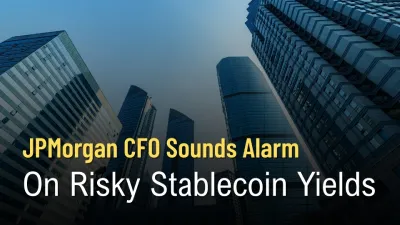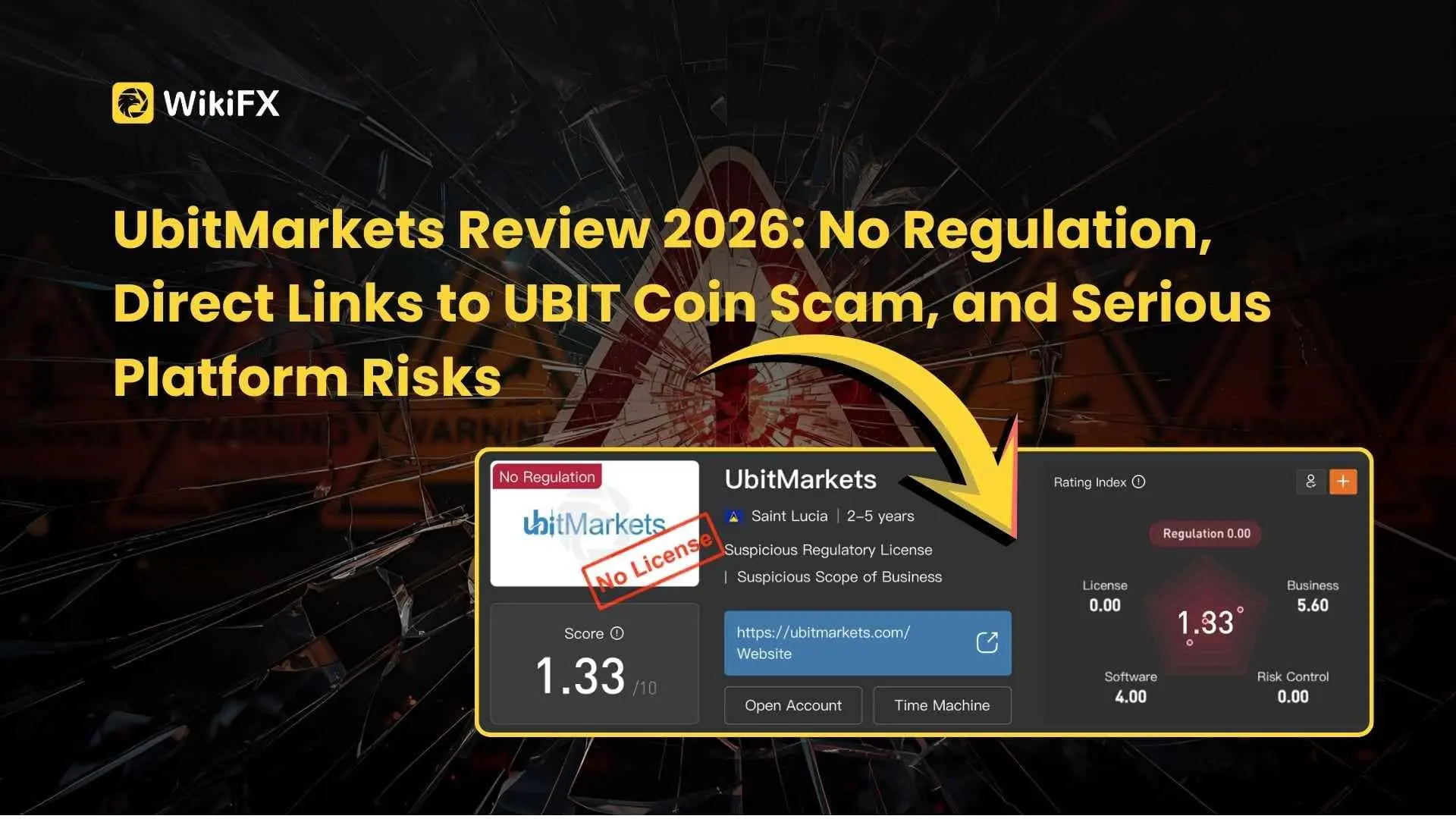Elon Musk’s DOGE Sparks a Wave of Crypto Fraud
Abstract:Scammers have capitalised on the widespread attention surrounding DOGE by creating fraudulent schemes that promise lucrative returns. Many of these scams falsely associate themselves with Musk or the DOGE initiative and incorporate similar branding, including logos and terminology.

The growing influence of Elon Musk‘s Department of Government Efficiency (DOGE) initiative has created an unexpected consequence, that is an increase in cryptocurrency scams. Fraudsters are taking advantage of the confusion surrounding Musk’s government cost-cutting agenda and its coincidental name resemblance to Dogecoin, the cryptocurrency Musk has frequently referenced. Cybersecurity firm McAfee has reported a surge in scams that leverage this ambiguity, enticing victims to hand over their digital assets under false pretenses.
Scammers have capitalised on the widespread attention surrounding DOGE by creating fraudulent schemes that promise lucrative returns. Many of these scams falsely associate themselves with Musk or the DOGE initiative and incorporate similar branding, including logos and terminology. A prevalent scheme invites individuals to send Dogecoin to a private wallet with the false assurance of receiving additional Dogecoin in return. However, the DOGE initiative bears no connection to the cryptocurrency, and those who participate in these fraudulent offers are left with nothing.
The confusion stems partly from Musk‘s own affinity for Dogecoin’s meme-inspired origins. The billionaire has previously replaced the Twitter (now X) logo with the Shiba Inu image associated with Dogecoin and recently shared an illustration of the meme dog holding an American flag alongside the words “Department of Government Efficiency.” While these actions may be light-hearted, they have inadvertently fuelled misunderstandings, making it easier for scammers to manipulate unsuspecting investors.

McAfee‘s cybersecurity experts have identified patterns in these frauds, highlighting that they often employ classic social engineering tactics. Scammers create a sense of urgency, making their offers appear time-sensitive, and use Musk’s public persona to lend credibility to their schemes. Many victims may believe that a billionaire like Musk would distribute cryptocurrency freely, making the scam seem more plausible.
The situation has been further exacerbated by recent discussions regarding a potential “DOGE Dividend.” Musk and former U.S. President Donald Trump have both suggested that the cost-cutting measures of the DOGE initiative could translate into financial returns for taxpayers. Trump initially proposed a $5,000 refund per taxpayer, while Musk floated the idea of using DOGEs savings for a broader reimbursement scheme. Despite these claims, experts have questioned the legitimacy of the estimated $55 billion in savings, suggesting that the figures may be overstated. Regardless of the actual feasibility of a taxpayer dividend, these discussions have inadvertently provided scammers with another opportunity to deceive the public.
One of the more sophisticated scams identified by McAfee involves a fraudulent website designed to mimic the official DOGE platform. The site includes a deceptive “Claim $DOGE Bonus” button, enticing visitors to transfer between 10,000 and 1,000,000 Dogecoin (valued between $2,500 and $250,000) with the promise of tripling their investment. Victims who fall for the scheme receive nothing in return, while their funds vanish into untraceable wallets.
Cybersecurity experts advise potential investors to exercise extreme caution when dealing with cryptocurrency-related offers. They recommend verifying the legitimacy of websites, avoiding unverified transactions, and using payment methods that offer fraud protection, such as credit cards. Additionally, users should be wary of sites that request personal information or login credentials, as some scams aim to harvest sensitive data rather than steal digital assets directly.
With the ongoing hype surrounding cryptocurrency and the political involvement of high-profile figures like Musk and Trump, the potential for crypto-related scams remains significant. While some traders have profited from speculative digital assets, reports indicate that over 810,000 crypto wallets have collectively lost approximately $2 billion.

Read more

JPMorgan CFO Sounds Alarm on Risky Stablecoin Yields
JPMorgan CFO warns high-return stablecoins could endanger financial stability as global regulators move toward tighter digital asset rules.

UbitMarkets Review 2026: No Regulation, Direct Links to UBIT Coin Scam, and Serious Platform Risks
UbitMarkets review reveals no valid license and direct links to a fraudulent project, raising serious concerns over investor fund safety.

PaxForex Review: Withdrawal Complaints & Regulatory Warnings
Is withdrawing capital from PaxForex too difficult for traders? Has the China-based forex broker made you trade gold, silver and cryptocurrencies despite not having an office in the United States? Do you find its operational style suspicious? You are not alone! Several traders have expressed these concerns when trading with the broker. In this PaxForex review article, we have exposed the broker through user comments made on several review platforms. Take a look!

OneRoyal Trust Score: A Complete Look at Whether It's Real or Fake
When traders ask, "Is OneRoyal legit or a scam?" The answer isn't simply yes or no. OneRoyal is a trading company that has been running for almost twenty years and has important licenses from top financial authorities. This background puts it far away from typical quick scam operations. However, questions about whether it's trustworthy are reasonable and often come from its complicated business structure, the use of overseas companies, and a pattern of specific, serious complaints from users. This article aims to go beyond marketing claims and provide a fact-based analysis of OneRoyal's trustworthiness.
WikiFX Broker
Latest News
Consumer Credit Smashes All Estimates As Monthly Credit Card Debt Unexpectedly Surges By Most In 2 Years
CAD Outlook: Historic Drop in Student Enrollment Signals Demographic Drag
South African Rand (ZAR) on Alert: DA Leadership Uncertainty Rattles Markets
Gold's Historic Volatility: Liquidation Crash Meets Geopolitical Deadlock
Treasury Yields Surge as Refunding Expectations Dash; Warsh 'Hawk' Factor Looms
ZarVista Legitimacy Check: Addressing Fears: Is This a Fake Broker or a Legitimate Trading Partner?
AUD/JPY Divergence: Aussie Service Boom Contrasts with Japan's Fiscal "Truss Moment"
Eurozone Economy Stalls as Demand Evaporates
Nigeria Outlook: FX Stability Critical to Growth as Fiscal Revenue Surges
The Warsh Dilemma: Why the New Fed Nominee Puts Fiscal Plans at Risk
Rate Calc
